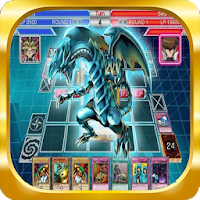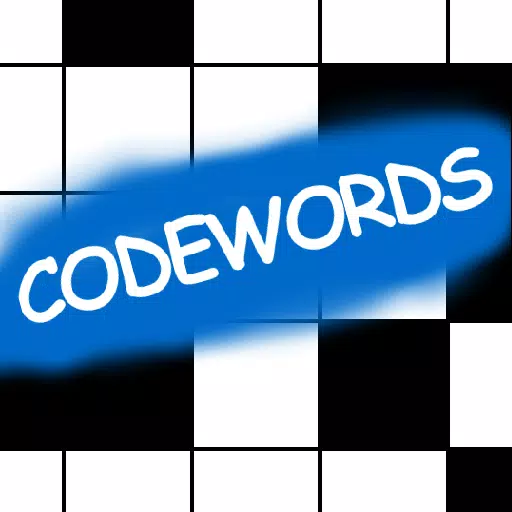Nintendo Lawyer Reveals Strategy on Piracy and Emulation
Nintendo has long been known for its aggressive stance against emulators and piracy, with several high-profile legal actions highlighting the company's commitment to protecting its intellectual property. In March 2024, the developers of the Nintendo Switch emulator Yuzu were mandated to pay $2.4 million in damages following a settlement with Nintendo. Similarly, in October 2024, the development of the Switch emulator Ryujinx was halted after receiving communication from Nintendo. Additionally, in 2023, the team behind the Gamecube and Wii emulator Dolphin was advised against a full Steam release by Valve’s lawyers, following pressure from Nintendo’s legal team.
In another notable case, Gary Bowser, involved with Team Xecuter, which produced devices enabling users to bypass the Nintendo Switch’s anti-piracy features, was charged with fraud in 2023. Bowser was ordered to repay Nintendo $14.5 million—a debt he will be paying off for the rest of his life.
During the Tokyo eSports Festa 2025, a gathering of "Intellectual Property Managers" from Capcom, Sega, and Nintendo discussed the legal frameworks protecting their intellectual properties. Koji Nishiura, a patent attorney and Assistant Manager of Nintendo’s Intellectual Property Division, shed light on the company’s stance on emulation and piracy. According to a translation by Automaton from a report by Denfaminicogamer (via VGC), Nishiura stated, “To begin with, are emulators illegal or not? This is a point often debated. While you can’t immediately claim that an emulator is illegal in itself, it can become illegal depending on how it’s used.”
Nishiura elaborated that emulators that replicate a game's program could infringe on copyrights, especially if they disable a console's security measures. This is primarily regulated under Japan’s Unfair Competition Prevention Act (UCPA), which is enforceable only within Japan, complicating Nintendo's efforts to enforce its IP rights globally.
A specific example highlighted during the event was the Nintendo DS "R4" card, which enabled users to run backed-up or pirated games on a single cartridge. Following objections from Nintendo and 50 other software manufacturers, the R4 was effectively outlawed in Japan in 2009, after a ruling that its manufacturers and resellers violated the UCPA.
Nishiura also touched on “reach apps,” third-party tools like the 3DS’s “Freeshop” or the Switch’s “Tinfoil,” which facilitate the download of pirated software within emulators or other software, thereby violating copyright laws.
In the lawsuit against Yuzu, Nintendo alleged that The Legend of Zelda: Tears of the Kingdom was pirated over one million times. The company further claimed that Yuzu's Patreon page enabled its developers to earn $30,000 monthly by offering subscribers "daily updates," "early access," and "special unreleased features" for games like Tears of the Kingdom.
Latest Articles















![Roblox Forsaken Characters Tier List [UPDATED] (2025)](https://ima.hhn6.com/uploads/18/17380116246797f3e8a8a39.jpg)















